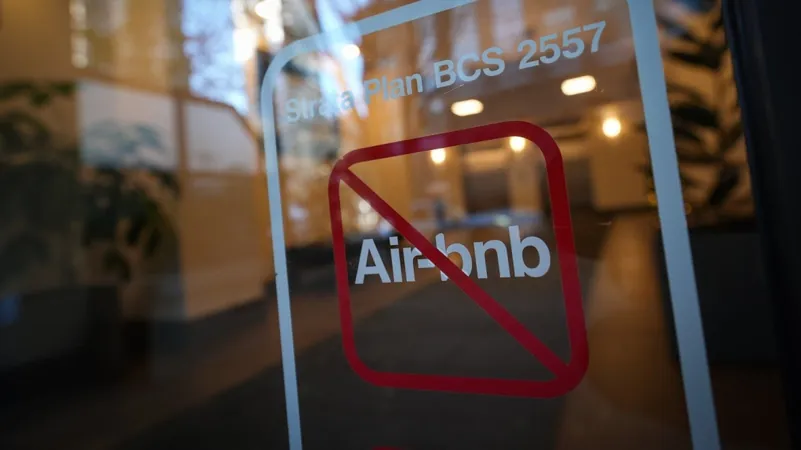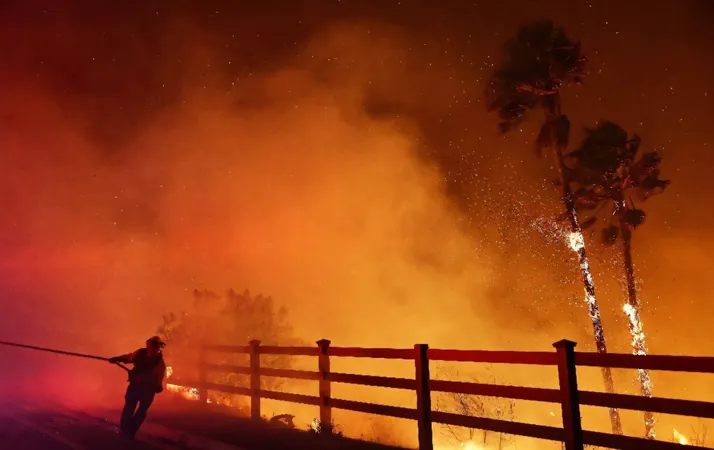
Major Legal Blow for Airbnb: Class-Action Lawsuit Certified in B.C.
2024-12-12
Author: Sophie
Introduction
In a significant development for the short-term rental industry, the B.C. Supreme Court has officially certified a class-action lawsuit against Airbnb, accusing the company of violating provincial consumer protection laws. The lawsuit claims that Airbnb has been operating unlicensed real estate brokerage and travel agent services, potentially affecting thousands of Canadians who have booked accommodations through the platform.
Details of the Lawsuit
Presiding Justice Elizabeth McDonald announced her decision on Thursday, indicating that the lead plaintiff, Margo Ware, has successfully met the criteria to represent a class of consumers who incurred fees or commissions when using Airbnb's services. Ware's legal action argues that Airbnb lacks valid licenses across Canada for providing such services and is not registered as a money services business with the federal government.
Airbnb's Response
Airbnb attempted to dismiss the lawsuit, calling it an 'abuse of process' and suggesting it was part of a broader pattern of legal challenges against their fee structures. However, the ruling underscored that this was not the first time the rental giant faced scrutiny over its fee collection practices. The class action applies not only to customers in British Columbia but also to those who made reservations both within Canada and internationally—excluding those in the United States.
Court's Findings
Interestingly, the court noted that Airbnb had not issued a response to the accusations laid out in Ware's lawsuit, which was filed back in May 2022. The company also made requests for the case to be moved to California, but Justice McDonald found no compelling evidence to justify such a transfer, ensuring that the proceedings will take place in British Columbia.
Potential Implications
The implications of this ruling could be profound. If the court sides with the plaintiffs, Airbnb could be held liable for damages under the province’s Business Practices and Consumer Protection Act, potentially setting a precedent for how similar cases are handled in the future.
Conclusion
As this legal battle unfolds, the outcome could reshape the landscape of short-term rentals in Canada and beyond, prompting Airbnb and similar platforms to reevaluate their operational practices significantly. Stay tuned for updates on this monumental case and its impact on vacation rentals across the country!









 Brasil (PT)
Brasil (PT)
 Canada (EN)
Canada (EN)
 Chile (ES)
Chile (ES)
 España (ES)
España (ES)
 France (FR)
France (FR)
 Hong Kong (EN)
Hong Kong (EN)
 Italia (IT)
Italia (IT)
 日本 (JA)
日本 (JA)
 Magyarország (HU)
Magyarország (HU)
 Norge (NO)
Norge (NO)
 Polska (PL)
Polska (PL)
 Schweiz (DE)
Schweiz (DE)
 Singapore (EN)
Singapore (EN)
 Sverige (SV)
Sverige (SV)
 Suomi (FI)
Suomi (FI)
 Türkiye (TR)
Türkiye (TR)